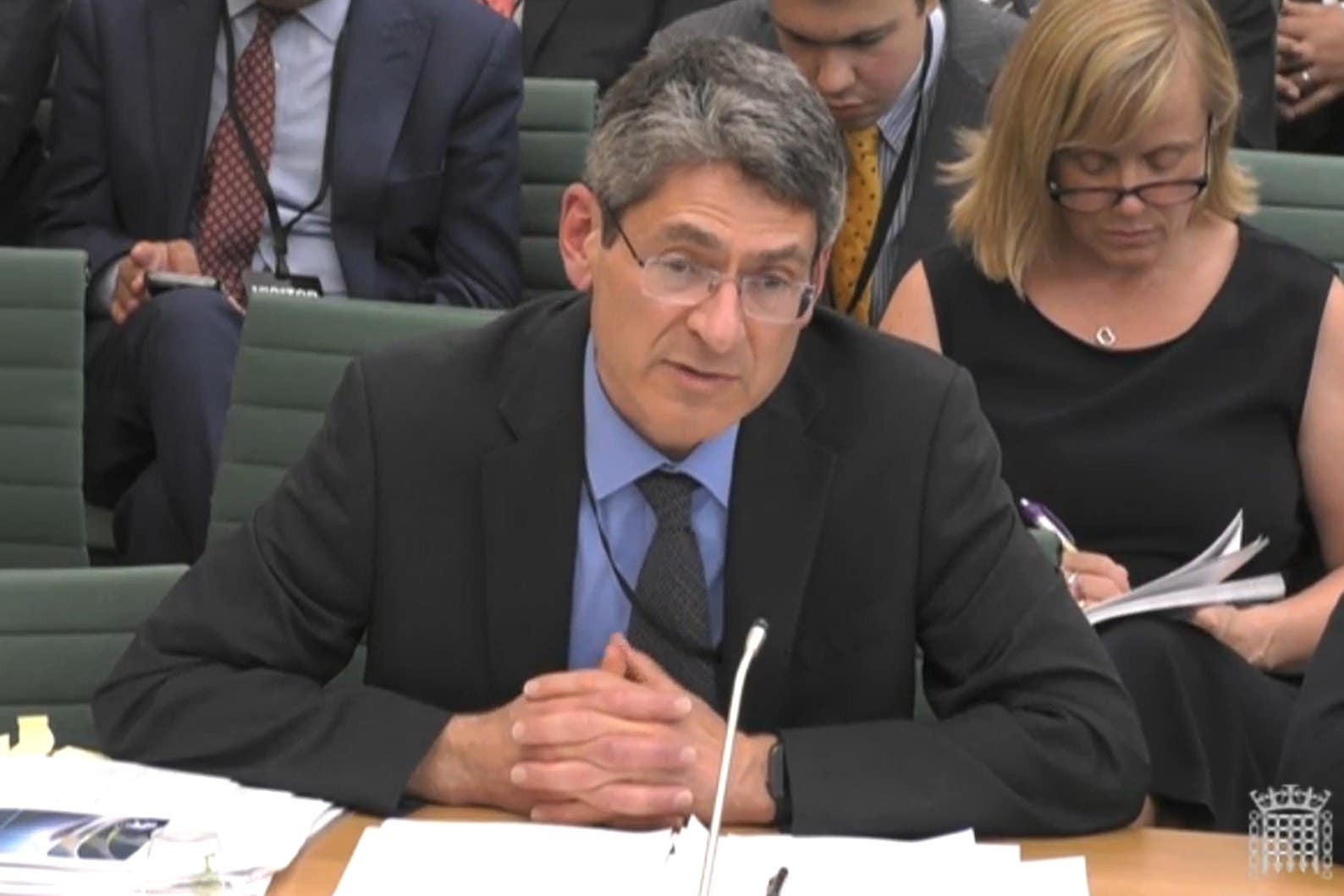Bank of England should hold interest rates next month, says rate-setter
Nevertheless, Jonathan Haskel stressed there are ‘considerable encouraging signs’ related to inflation.

Your support helps us to tell the story
From reproductive rights to climate change to Big Tech, The Independent is on the ground when the story is developing. Whether it's investigating the financials of Elon Musk's pro-Trump PAC or producing our latest documentary, 'The A Word', which shines a light on the American women fighting for reproductive rights, we know how important it is to parse out the facts from the messaging.
At such a critical moment in US history, we need reporters on the ground. Your donation allows us to keep sending journalists to speak to both sides of the story.
The Independent is trusted by Americans across the entire political spectrum. And unlike many other quality news outlets, we choose not to lock Americans out of our reporting and analysis with paywalls. We believe quality journalism should be available to everyone, paid for by those who can afford it.
Your support makes all the difference.The Bank of England should hold interest rates steady next month amid concerns over the tight labour market, according to a rate-setter at the Bank of England.
Jonathan Haskel, an external member of the Bank’s Monetary Policy Committee (MPC) and professor of economics at Imperial College, called for caution despite expectations interest rates will be reduced.
Economists have predicted rates will be reduced from the current 16-year-high of 5.25% down to 5% at the next vote on August 1.
In a speech at King’s College London, he stressed there are “considerable encouraging signs” related to inflation, including that UK Consumer Price Index (CPI) inflation dropped to the 2% target rate last month.
But he added: “However, the wage-price system in the UK has been subject to a sequence of enormous shocks over recent years.
“The playing out of those shocks through the economy, and the continued tight and impaired labour market, means that inflation will remain above target for quite some time.
“I would rather hold rates until there is more certainty that underlying inflationary pressures have subsided sustainably.”
Inflation dropped to 2% in May, the target rate for the Bank set by Government, after a series of interest rate hikes helped to slow rampant inflation, which had peaked at 11.1% in 2022.
Nevertheless, wage growth and services inflation remain significantly above this level.
Mr Haskel flagged that the MPC will continue to assess these features ahead of future interest rate votes.
He highlighted particular concerns over the impact of pressure in the jobs market, with the unemployment rate rising to 4.4% and vacancies dropping further in the most recent ONS data.
“The labour market continues to be tight, and I worry it is still impaired,” Mr Haskel said.